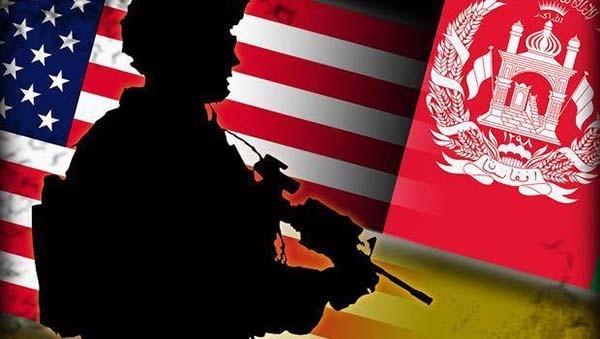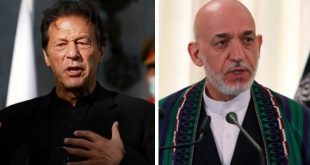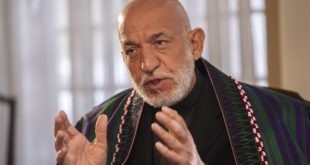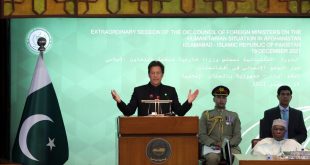The insurgent Taliban have announced their “Spring Offensive” on Friday, a day which is considered to be the blessed day and reserved only for congregational prayers. But they opted for violence on this holy day.
They claim to have carried out 328 attacks on the first day of their offensive. The attacks were minor as well as major. Their main focus was in Kunduz, Nangarhar, Baghlan, Kunar and Logar. This time they used most lethal and long range weapons. But this year’s security forces defense strategy is a cut above the ones they had adopted last year when the Taliban launched a coordinated attack in the restive Helmand. Last year, security forces took not only longer in repelling the insurgents from Helmand but also they were looked under severe strain. However, this time, they are fighting against militants from the position of strength. Nearly 104 Taliban were reportedly killed on Saturday and 89 others were killed injured in different crackdowns across the country. At least 40 Taliban were killed including six foreigner militants in an ANSF-ANP operation on Sunday. The foreigner militants killed in the attacks had come from the northwestern Faryab province. Four of them were from Tajikistan and two were Chechnya, according to officials. It means that foreign militants still conceive Afghanistan as their hideout but they are committing a biggest mistake as they must know that it is not the Afghanistan of 90s. It will be a hideout for them but not the safe haven.
The first clash took place in Gor Tepa city of Kunduz. Moreover, a number of insurgents were also held. All these developments reveal that the Taliban cannot stand the ground when it comes to fighting that’s why they have heavily relied on landmines. Military operations are there, the Taliban are being killed, but is it the solution? And is it possible to physically eliminate terror and militancy? If the obvious answer is no then what should be next? Peace talks are nowhere near success. And security situation is deteriorating. Senators accused the United States of betraying Afghanistan and violating the bilateral security agreement (BSA), which was signed between Afghanistan and the United States back in 2014, when the National Unity Government came into being. Up to the dismay of the people of the country, BSA didn’t help in arresting the security deterioration. The senators alleged the United States betrayed Kabul as it didn’t implement the agreement in true sense. Looking on the ground, the allegations of the senators don’t look baseless as security situation is on the decline and coalition troops have confined themselves to the walls of military compounds. Whereas the leaders of the National Unity Government are locked up on a tacit but lingering internal war that’s gradually nibbling at public confidence in the government. Still they couldn’t introduce a defense minister. Forming the National Unity Government was perhaps the viable and good option to stave off the potentially too dangerous political crisis created by the 2014 presidential elections, however, it looks to be a failing idea when it comes to governance and differences of the two leaders on seats allocations.
 Afghanistan Times
Afghanistan Times




